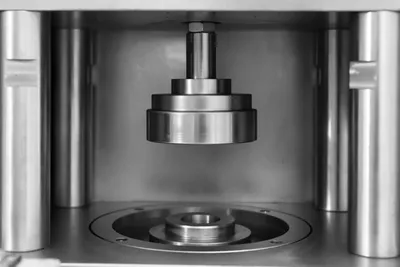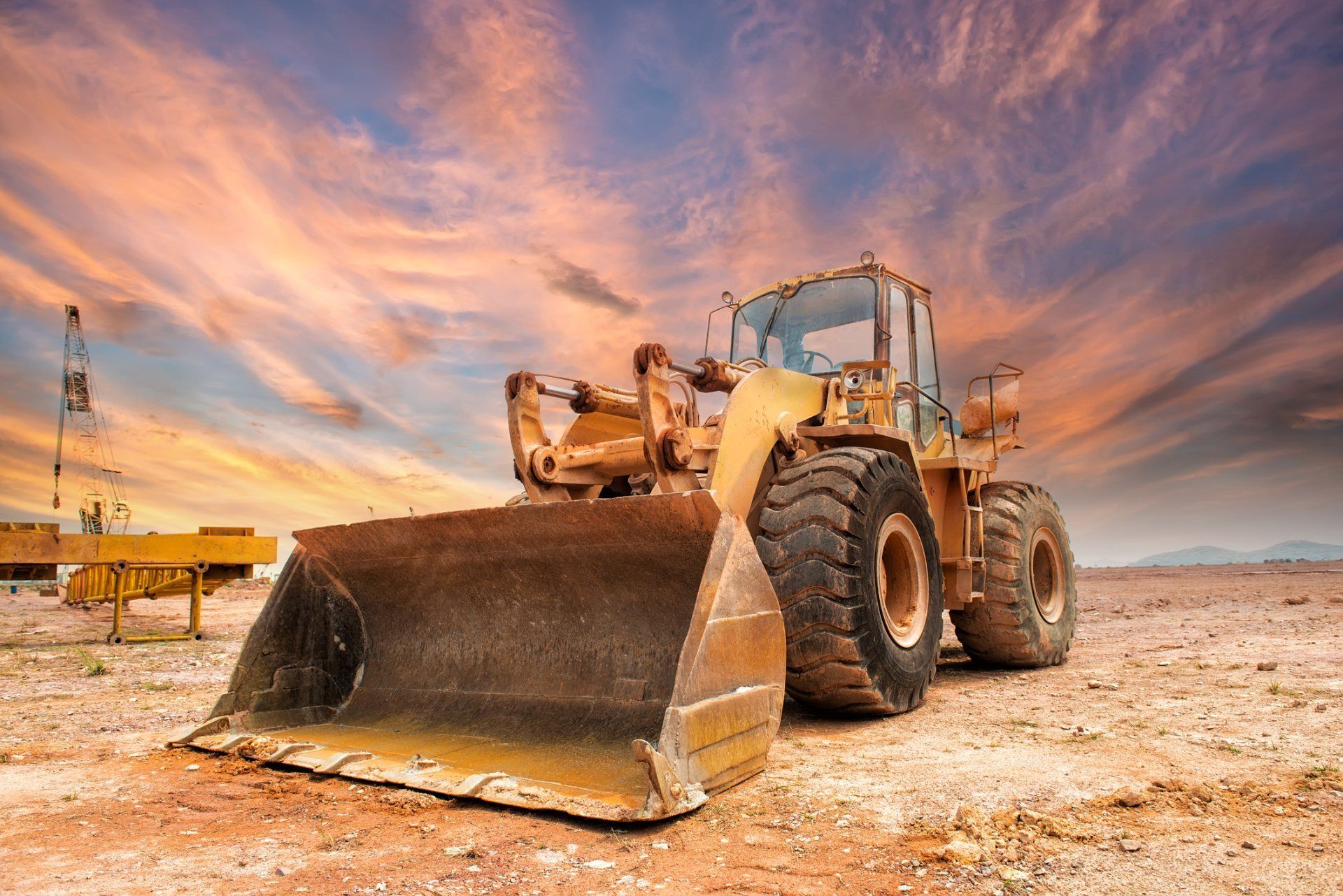Phone
Toll Free
A BRIEF HISTORY OF HYDRAULICS
When liquids do work for us, we call it hydraulics. In our modern society, we use hydraulic power for a vast number of applications, from the generation of electricity at hydroelectric power plants to the function of your dishwasher and the brakes in your car.
How did the field of hydraulics get started, and how far have hydraulic systems advanced since then? Read on to learn more about this important engineering concept.
The Beginnings of Hydraulic Engineering
The origins of hydraulic engineering go back to the beginnings of crop irrigation. Ancient civilizations in Mesopotamia and Egypt developed irrigation as a means to water their crops, and many of these early systems qualified as hydraulics because they were designed to let water do the work of moving itself away from rivers to the fields.
Aqueducts
As cities started to grow and spread away from convenient water sources, people needed more sophisticated hydraulic systems to supply them with water. To this end, ancient societies built tunnels and elevated waterways to move water across plains, canyons, and even through mountains. Eventually, these waterways became known as aqueducts.
Aqueducts, such as the Tunnel of Eupalinos in Greece or the Turpan water system on the Silk Road, were built with gentle downward slopes that enabled gravity to move water through the systems. Innovations came in the form of drainage basins, distribution tanks, reservoirs, and devices to regulate the flow of water, such as the valve towers developed by Sri Lankan civilizations.
Many such systems became very reliable and could serve a number of purposes beyond simple water supply. The Romans used their impressive aqueduct systems to not only supply drinking water to cities but also to supply public baths and fountains, flush out sewer systems, and even mine for gold.
Water Wheels
Water wheels were another crucial hydraulics invention that revolutionized engineering. Often paired with aqueducts and canals, these systems used the energy of water to turn wheels, which, in turn, powered other devices, from mills that ground grain to Chinese astrological armillary spheres that simulated the movement of heavenly bodies.
During the Renaissance, many large cities such as London and Paris used water wheels to power pumps that supplied citizens with water at impressive rates - up to 120 gallons per minute.
Hydraulic Discoveries and Innovations
As hydraulic advancements continued to be made - including experiments with steam power - one important discovery laid the foundations for modern hydraulic systems.
In 1648, French mathematician and physicist Blaise Pascal came to an important conclusion based on his studies of hydraulic fluids. He noted that when pressure was applied to a fluid within a closed system, the pressure was always equally distributed in all directions, keeping the pressure within the system constant.
Pascal's Law, as this concept was called, ensured that such closed systems became reliable sources of mechanical energy. Further experimentation led to the invention of the hydraulic press by Joseph Bramah in 1795. With small, flexible tubing, this invention could create pressure capable of lifting heavy weights and powering sophisticated machinery.
Further discoveries by great thinkers such as Isaac Newton and Daniel Bernoulli resulted in a wealth of knowledge about how liquid behaves under a variety of circumstances. And with the creation of closed systems such as William George Armstrong's hydraulic accumulator, which eliminated the need for an external water source, hydraulic power became more predictable and convenient than ever before.
Modern Hydraulic Systems
Many modern hydraulic systems, such as the hydraulic cylinder, are designed to be much smaller and more convenient than the hydraulic systems of the past, while delivering high rates of power and pressure.
Modern systems are also not limited to the use of water as fluid, instead utilizing fluids with more ideal properties such as oil or synthetic compounds. The brake fluid in a vehicle's breaks, for instance, is much more heat-resistant and safe than water would be in the same application.
From airplanes to household appliances to construction equipment, the science of hydraulics surrounds us. If you need to harness hydraulics for industrial or commercial applications, get in touch with the experts at Carolina Hose & Hydraulics. We're your one-stop shop for all your hydraulic needs.
Phone: 864-576-1452 | Toll Free: 800-476-1495 | Email: office@carolinahose.com
Address: 208 Northeast Drive Spartanburg, SC 29303
Serving Spartanburg, SC, Greenville, SC, Columbia, SC, Augusta, GA
Business Hours:
- Mon - Fri
- -
- Sat - Sun
- Closed











